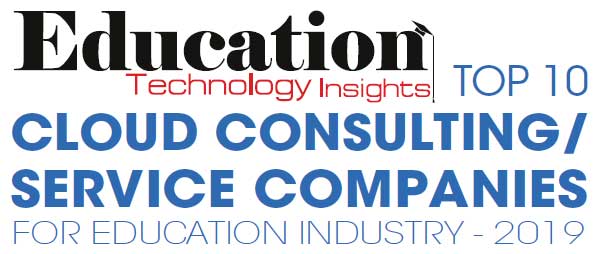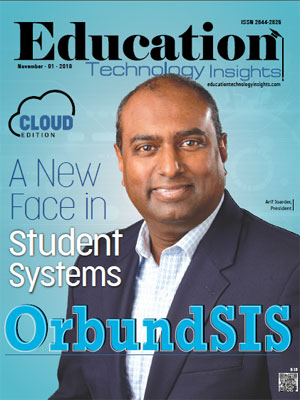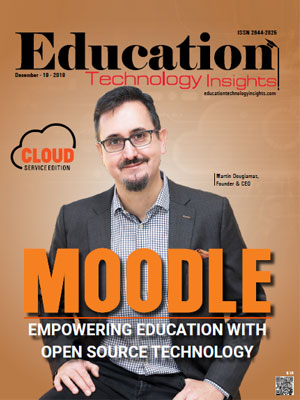THANK YOU FOR SUBSCRIBING
Be first to read the latest tech news, Industry Leader's Insights, and CIO interviews of medium and large enterprises exclusively from Education Technology Insights
Supporting Educators in SEL Skill Embodiment is the First Step Toward School-Wide Integration
Renee Schoening, Assistant Professor, Director of School Counseling and Social Emotional Learning Graduate Programs, Whitworth University
 Renee Schoening, Assistant Professor, Director of School Counseling and Social Emotional Learning Graduate Programs, Whitworth University
Renee Schoening, Assistant Professor, Director of School Counseling and Social Emotional Learning Graduate Programs, Whitworth UniversitySocial Emotional Learning has been the focus of attention at unprecedented levels in recent years, and rightly so. The need has never been greater for K-12 students to learn and practice the skills of emotional regulation, empathy, social awareness, and relationship skills. Unfortunately, we’ve put the cart before the horse when it comes to the expectations we are placing on educators to provide more intensive SEL in the classroom. Many educators I have talked to have seen it as “one more thing” on their plates when they are already at maximum capacity.
Effective SEL implementation in schools requires that districts take care of their teachers first. This means understanding that given the demands of their work, they need more time, resources, and deliberate attention. In short, the institutions need to care for their teachers at a higher level for them to meet the rising demands of their jobs.
Accommodations are made when long-haul truckers are required to carry heavier loads for longer periods. Truckers have “safety checks” that ensure they can stay on the road without hurting themselves or anyone else. They keep hours logs and are required to take breaks like oil and brake checks, as there is a recognition that “of course, more gas will be required if there is a heavier load.”
"The recent pandemic and rising mental health needs of students have made teaching more difficult, and everyone has their “limits.”"
Teachers and other educators have been carrying heavy loads for a very long time, but there hasn’t been a much-needed shift in the support or care they receive. The work is more complex, the needs of students are more significant, and public support for K-12 education has declined drastically. These factors have contributed to skyrocketing burnout rates. This is a safety concern, just as it is with long-haul trucking. Humans are not built to increase capacity and go longer distances without the necessary “shoring up.”
Adult SEL training can remedy this lack of reinforcement for educators. Teachers can learn how to teach and embody the SEL competencies of self-management, self-awareness, social awareness, responsible decision-making, and relationship skills. These essential skills are tied to human flourishing and well-being. Teachers given this opportunity will find greater job satisfaction and be better able to create classroom atmospheres conducive to learning.
The SEL skill that is most lacking by teachers and students alike is that of emotion management. This lack of regulation is directly tied to chronic stress. The recent pandemic and rising mental health needs of students have made teaching more difficult, and everyone has their “limits.” If a teacher is dysregulated, the students feel it. Schools need to provide opportunities for teachers to learn self-regulation strategies so that they can model them authentically for their students. Additionally, teachers may need more frequent breaks and new forms of support to sustain the work.
Rather than see SEL as “one more thing” to do, educators can be encouraged to see Adult SEL training as an opportunity to learn new skills to help mitigate the impact of chronic stress and secondary trauma. Administrators who emphasize this type of training will see a natural progression of integration of SEL into their schools as a result of the embodiment of these competencies by the educators. It’s time to put first things first and care for the educators charged with caring for and teaching the children.
Read Also
Localising Curriculum, Globalising Opportunity
Elevating Education with Purposeful Tech-Integration
Digital Transformation with User-Centric Solutions and Collaborative Leadership
Connecting Education and Technology for Lasting Change
Putting Students First in a Global Classroom
Balancing Technology-Driven Teaching with Traditional Learning

I agree We use cookies on this website to enhance your user experience. By clicking any link on this page you are giving your consent for us to set cookies. More info


























